This premium content is exclusive to edie Members.
To find out more about edie Membership, please click below.
If you are an existing member, login here
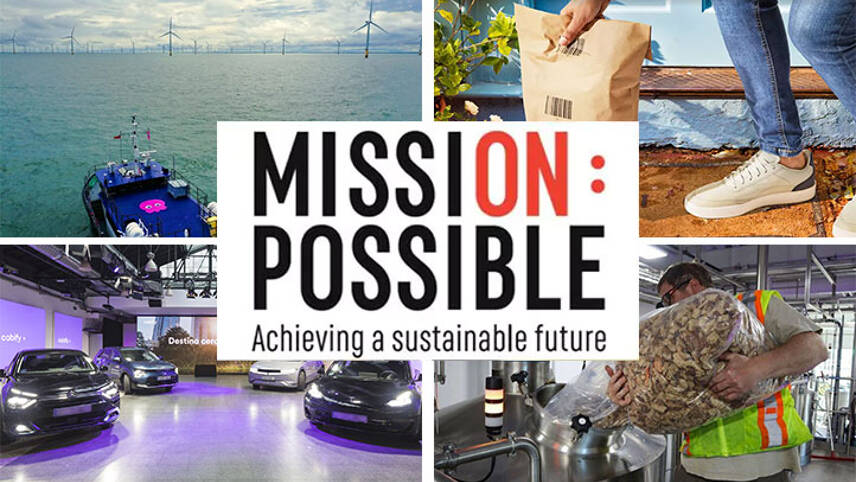
Published every week, this series charts how businesses and sustainability professionals are working to achieve their ‘Mission Possible’ across the campaign’s five key pillars – energy, resources, infrastructure, mobility and sustainability leadership.
Across the UK and across the world, leading businesses, cities, states and regions are turning environmental ambitions into action. Here, we round up five positive sustainability stories from this week.
ENERGY: Octopus Energy launches £3bn offshore wind fund
Octopus Energy’s generation fund has this week unveiled plans to invest £3bn in offshore wind projects globally by 2030.
The new Octopus Energy Offshore Wind Fund was set up with a £190m investment from Tokyo Gas, a Japanese utility giant with an ambition to acquire and trade 6GW of renewable power sources by 2030.
Octopus has previously invested in wind farms in the UK, Ireland, Spain, Sweden, Norway and South Korea. It intends to direct the bulk of proceeds from the new Fund to projects in Europe and Japan. Innovative floating offshore wind projects, which enable development in deeper waters, will be eligible for funding as well as traditional projects.
“It’s absolutely brilliant to launch our first ever fund dedicated solely to offshore wind investment together with such a visionary partner Tokyo Gas,” said Octopus Energy Generation’s chief executive Zoisa North-Bond. “The potential to make a positive impact, boost energy security and reduce fossil fuels dependence is massive with offshore wind.”
RESOURCES: Amazon ends use of non-recyclable packaging in Europe
The e-commerce sector has increasingly been criticised for providing customers with packaging they are unable to recycle at home, often in quantities far exceeding the necessary amount to safely house their products.
This week, Amazon confirmed that is has ended the use of non-recyclable delivery packaging in Europe. All orders are now being delivered in either a flexible paper bag, a cardboard envelope or a corrugated cardboard box. The three packaging options are being touted as easy to open and recyclable at home in all of Amazon’s European markets.
Amazon emphasised, in announcing packaging changes, its desire to use less packaging overall – regardless of the material.
The company is using machine learning solutions to assess product weight and size, thus determining which products are suitable for paper bags or cardboard envelopes instead of boxes. The solutions also ensure that oversized packaging is not used.
Amazon is also pressing ahead with the expansion of its ‘ship in box’ offerings which mitigate the need for any additional delivery packaging beyond the product’s original box.
MOBILITY: Cabify adds more than 190 EVs to Spanish fleet
Spanish mobility platform Cabify is set to add 196 new pure-electric cars to its fleet before the end of the year after receiving orders from automakers including Tesla, Hyundai, Kia and Citroen,
The cars will operate as part of Vecttor’s fleet in Madrid and can be booked by either individuals or businesses. Cabify has stated that all of the models will have a range of at least 400 kilometres.
Within a year, Cabify expects these new cars to mitigate the need for more than a million litres of petrol or diesel. The company is notably aiming to reach net-zero tailpipe emissions by 2025 through a mix of electric vehicle (EV) adoption, hydrogen vehicle adoption and carbon offsetting.
Cabify founder and chief executive Juan de Antonio said: “With the support of the European Investment Bank and the European Commission, we are taking the necessary steps to lead the decarbonization of the urban mobility sector. Reaching zero emissions by 2025 is an ambitious goal, but we have the right strategy to achieve it.”
THE BUILT ENVIRONMENT: Luxury Manhattan hotel bags EDGE green building certification
Citadines Connect Fifth Avenue in New York has this month become the first hotel in the US to receive certification under the Excellence in Design for Greater Efficiencies (EDGE) green building standard.
Used in more than 100 markets, EDGE is operated by the International Finance Corporation (IFC). The scheme provides building owners and operators with digital solutions to identify the most cost-effective ways to reduce a building’s operational water and energy use. For new buildings, it also covers embodied energy in building materials.
Certification requires buildings to achieve at least a 20% reduction in energy use and water use. The hotel delivered a 46% reduction in energy use and a 20% water use reduction.
“The certification helps us stand out in a competitive hospitality market as a sustainable accommodation option and we hope to inspire other hotels in the city to integrate sustainable practices into their developments as well,” said Citadines Connect’s general manager Ivan Bonilla.
SUSTAINABILITY LEADERSHIP: Drinks brands back legal challenge to UK Government’s food waste reporting delays
Image: Toast
Earlier this month, Campaign group Feedback filed for a judicial review of the UK Government’s decision not to implement mandatory food waste reporting for large food and drink businesses.
The Department for the Environment, Food and Rural Affairs (Defra) first floated such a mandate in the Resources and Waste Strategy in 2018. Defra confirmed this summer that the mandate would come into force from late 2026 at the earliest, despite 80% of businesses supporting a rule change in the near-term.
Feedback is questioning the legality of not basing a policy decision on evidence collected in consultation. Brewer Toast, which produces beverages using surplus bread, and soft drinks brand DASH Water, this week announced their support for Feedback’s legal campaign.
Toast founder Louisa Ziane said the reporting law “would be a huge deal, causing a revolution in food waste transparency by setting a template for the world to follow.”.
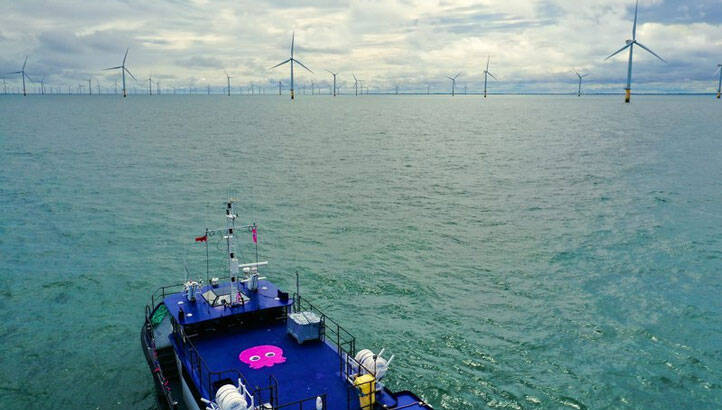
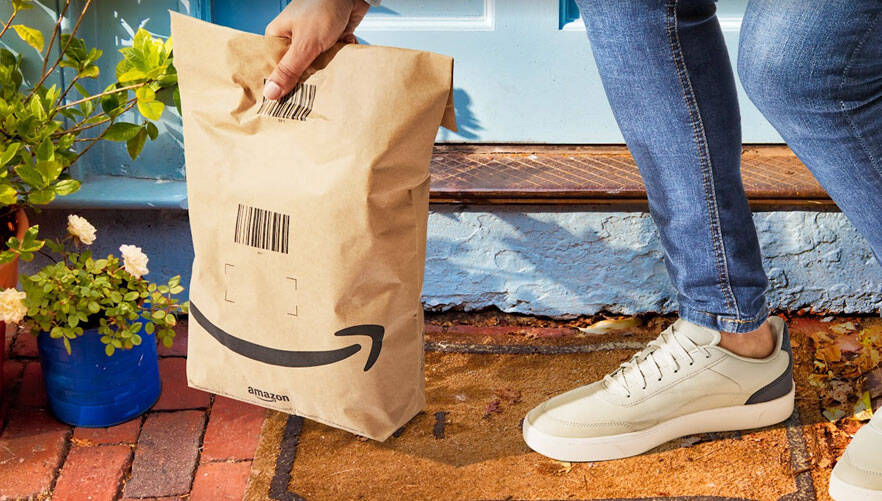
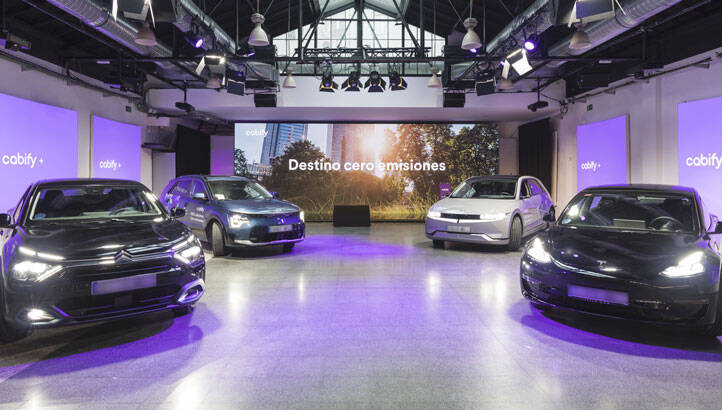
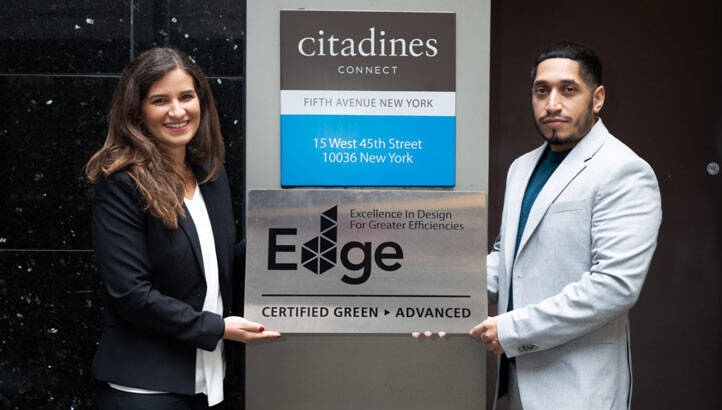
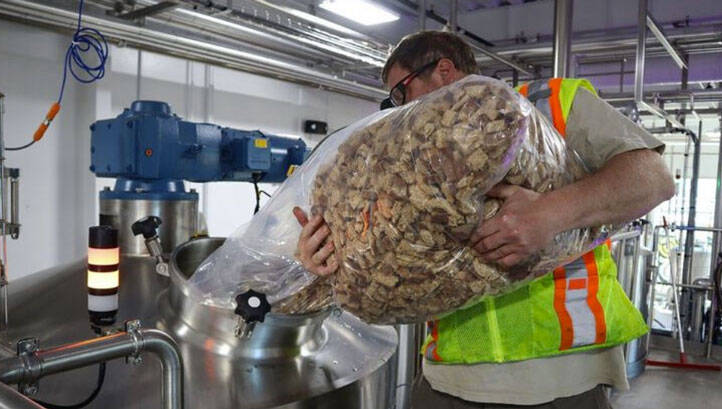


Please login or Register to leave a comment.